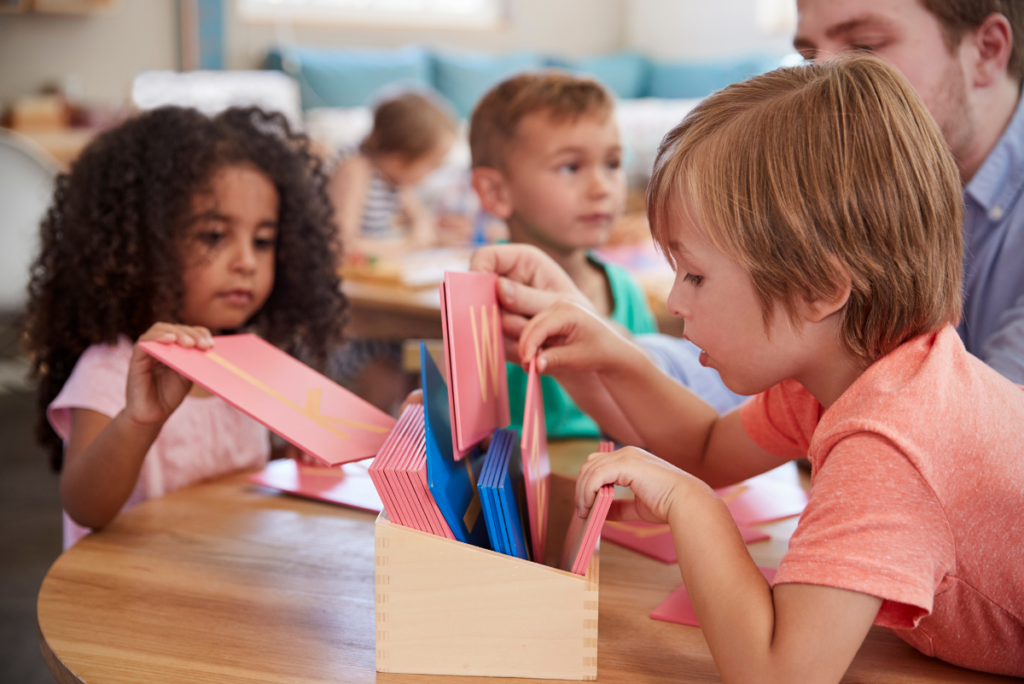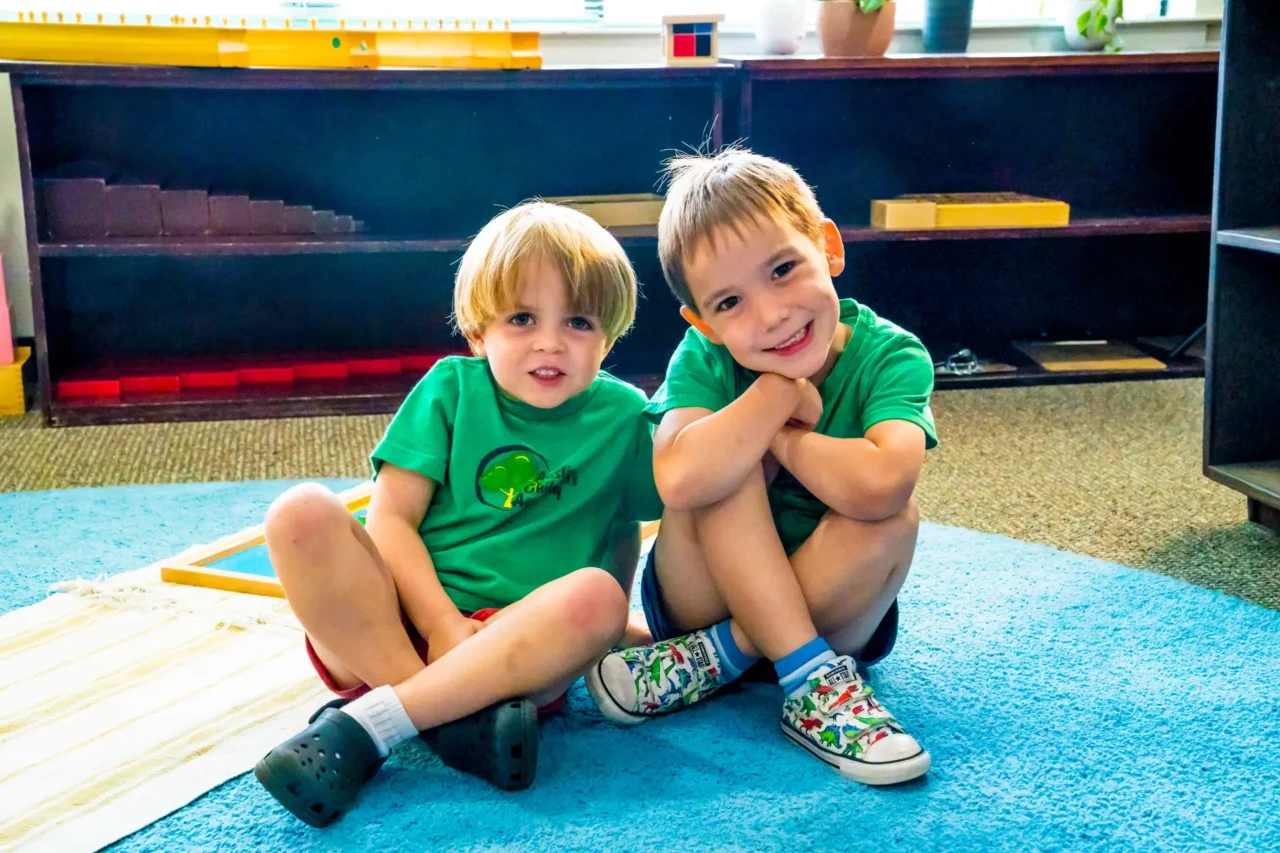
The Montessori teaching philosophy is built on a set of core values about childhood, education, and emotional growth. Both teachers and students benefit from the values laid down by the Montessori Method, and the lessons taught usually carry forward into other aspects of life.
Students Want to Learn
The foundational tenant of the Montessori Method is that students naturally want to learn. Most educational systems assume that they will need to trick, coerce, or even force students to complete their lessons. During her time working as a pediatric psychologist, Dr. Montessori noticed that this educational method was ineffective and emotionally destructive to the children she was asked to help.
Instead, Dr. Montessori proposed the idea that children naturally want to learn; they just need lessons that are appropriate for their stage of development. The Montessori Method is an educational style that is meant to help foster this love of learning and ensure that students continue to happily engage with both their studies and their lives.
Environment Is Important
Dr. Montessori noticed that students have a difficult time learning in noisy, chaotic, or otherwise stressful environments. She also noticed that children do better in environments that they can personally manipulate, which is why she placed a strong focus on creating child-sized furniture items, storage places, and tools.
Today, Montessori classrooms are carefully curated by the teachers who work in them. Classrooms are arranged for the convenience of the children, and learning materials are chosen based on the individual students who will be using them. These safe, personal, and nurturing environments are the perfect place for young students to learn how to be free within the safe boundaries of their school.
Teachers Are Role Models
Dr. Montessori noticed that children model themselves strongly after the adults in their lives. She reasoned that if children had access to positive role models, they would be more likely to be successful later in life.
Montessori teachers understand the importance of their presence in the classroom and work hard to be people that their students can look up to. In addition to being good teachers, Montessori also encouraged educators to make healthy life choices and to continue learning throughout the entirety of their careers.
Diligence Is Fostered
The current vision of a Montessori classroom involves a quiet, orderly room where children work peacefully on their own individual projects. However, as Dr. Montessori learned when she opened the first Casa dei Bambini, this kind of peace isn’t simply achieved overnight. Diligence must be learned, and healthy working habits need to be taught and fostered throughout a child’s education.
The Montessori Method lays down a working foundation that helps teachers communicate the importance of diligence and perseverance. Montessori teachers are also trained to be able to motivate and help their students in any way possible. Often, a student who is not completing their work may be experiencing a problem in another area of their life; the Montessori Method encourages teachers and parents to assist the student so that they can return to focusing on their studies.
Although Maria Montessori’s method was developed over a century ago, her educational philosophy still holds a great deal of relevance. Today’s Montessori teachers rely on these values to craft lesson plans and make decisions that lead their students to modern academic and economic success.





